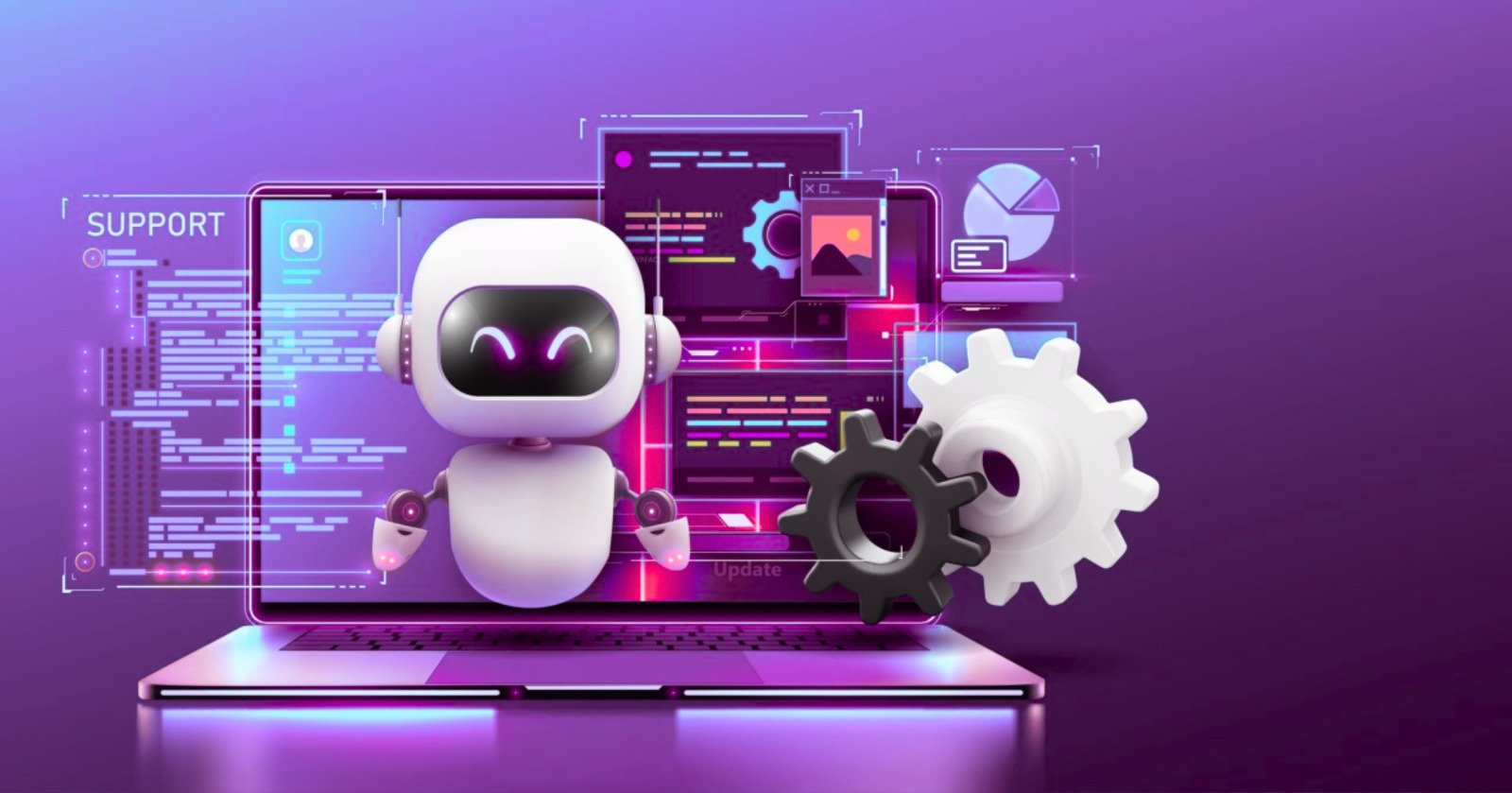Search engines have come a long way from their early days of simple keyword matching. With advancements in artificial intelligence (AI), modern search engines are becoming smarter, more intuitive, and increasingly efficient. But what does the future hold for AI-powered search engines? Let’s explore the trends and innovations shaping the next generation of search technology.
1. AI-Powered Personalization
One of the most significant advancements in search engines is personalized search results. AI-driven algorithms analyze user behavior, preferences, and past interactions to deliver tailored search results. Future AI search engines will further refine personalization by incorporating:
- Deep learning models to predict user intent accurately.
- Real-time adaptation based on browsing patterns.
- Personalized content recommendations to enhance user experience.
2. Voice and Conversational Search
With the rise of smart assistants like Alexa, Siri, and Google Assistant, voice search is becoming the norm. AI is enabling search engines to:
- Understand natural language queries more accurately.
- Deliver precise and context-aware responses.
- Improve conversational AI models to make interactions more human-like.
3. Visual and Multimodal Search
AI is revolutionizing how we interact with search engines beyond text-based queries. Multimodal search combines text, images, and even voice inputs to enhance search efficiency. In the future, we can expect:
- Advanced image recognition capabilities for instant results.
- AI-powered video search to extract relevant information from multimedia content.
- Seamless integration of different search modalities for better accuracy.
4. AI-Driven Search Engine Optimization (SEO)
As AI becomes more integral to search algorithms, businesses and content creators must adapt their SEO strategies. AI-powered SEO will focus on:
- Understanding search intent rather than relying on keywords alone.
- Automating content optimization with AI-driven tools.
- Enhancing user engagement with AI-generated content insights.
5. Zero-Click Searches and Instant Answers
AI is making search engines more efficient by providing instant answers directly on the search results page. This trend, known as zero-click searches, will continue to grow, enabling:
- AI-generated summaries to provide concise information.
- Knowledge graphs and structured data to enhance answer accuracy.
- Reduced reliance on traditional website clicks for basic queries.
6. Ethical AI and Privacy Concerns
As AI search engines become more powerful, ethical considerations around privacy and data security are crucial. Future AI search technology must prioritize:
- Transparent data collection policies.
- AI fairness to avoid biased search results.
- Enhanced user control over personalized search data.
Final Thoughts
The future of AI in search engines is incredibly promising, with advancements that will make searching more intuitive, personalized, and efficient. From voice search to AI-driven SEO, the evolution of search engines will continue to shape how users interact with information. Staying updated with these trends will be essential for businesses, marketers, and tech enthusiasts alike.




